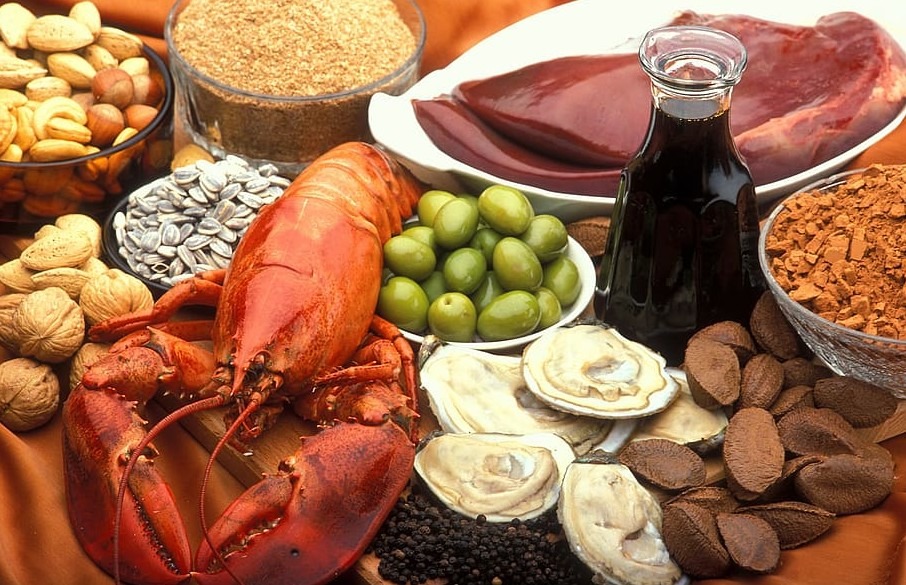Iron deficiency has been a major health problem for many people of all ages in many countries. Around the world, about 2.5 billion people are afflicted with iron deficiency. It affects a large number of women and children, even in developing countries.
Effects of Iron Deficiency to the Brain
Everybody knows that the lack of iron causes anemia, but do you know that it has a significant impact on your brain’s health? The nerves and the brain desperately need iron. A 2003 study suggests that iron deficiency early in life can cause altered neural and behavioral development. When infants are severely deficient in iron, they are more likely to develop irreversible damage to cognition, lower IQ, and developmental delays, especially during the critical period of development in the uterus and up to 16 months of age.
Low iron intake and iron loss through bleeding or breastfeeding are usually the main causes of iron deficiency. So, pregnant women, women with heavy periods, breastfeeding women, children, and other picky eaters, vegans, and vegetarians, people with increased bleeding, are at higher risk for iron deficiency.
During the fetal and early postnatal life of a human, the brain grows and develops rapidly. Iron is a needed nutrient for this development. According to a 2011 study, deficiency in iron disrupts learning and memory behavior. Early-life iron deficiency causes infants to have impaired hearing recognition memory of the mother’s voice. For toddlers who are iron-deficient at birth, they exhibit poor recall memory. When they grow as children, they are at risk of repeating a grade in school and have difficulties with attention, anxiety, and social situations.
Iron deficiency doesn’t just affect babies and children. A report published in the Proceedings of the National Academy of Sciences reveals that in young adults, variations in iron levels correlate with variations in the integrity of the brain structure, thus affecting brain function. But the results also showed that receiving a good supply of iron in the diet as a teenager helps with better brain integrity during adulthood.
Iron allows oxygen to be carried throughout the body and into the brain. Lack of oxygen affects brain health and can also cause dementia in adults. The lack of B-vitamin folic acid has been consistently found in people with Alzheimer’s disease.
Another study found that pregnant women who took iron and folic acid supplements had children who have better IQ and fine motor skills. Moms who did not take supplements during pregnancy had children with lower results on brain tests.
Eating Iron-Rich Foods can Make You Smarter
Since iron deficiency negatively affects the brain’s structure and function, treating it will result in a sharper, smarter brain. Treating iron deficiency is as simple as taking iron supplements or consuming foods high in iron. Dietary iron can be found in two forms: heme and non-heme iron. Heme iron, which is well-absorbed by the body, is best found in meat, fish, poultry, and seafood. Meanwhile, non-heme iron found in leafy greens, nuts, and beans, is less absorbed by the body. Non-heme iron can also be found in iron-rich fortified foods like breakfast cereals.
Good sources of heme iron include:
- Beef
- Beef liver
- Chicken liver
- Oysters
- Clams
- Turkey leg
- Tuna
- Shrimp
- Eggs
- Lamb
Good sources of non-heme iron include:
- Tofu
- Beans
- Lentils
- Spinach
- Molasses
- Whole wheat bread
- Brown rice
- Peanut butter
- Instant oatmeal
- Raisin bran
It’s good to take iron supplements, but it’s always best to get your minerals in food. Minerals and vitamins are combined with other chemicals that allow your body to absorb them better than taking supplements. Try eating these non-heme foods with vitamin C-rich foods to increase the absorption of iron.

